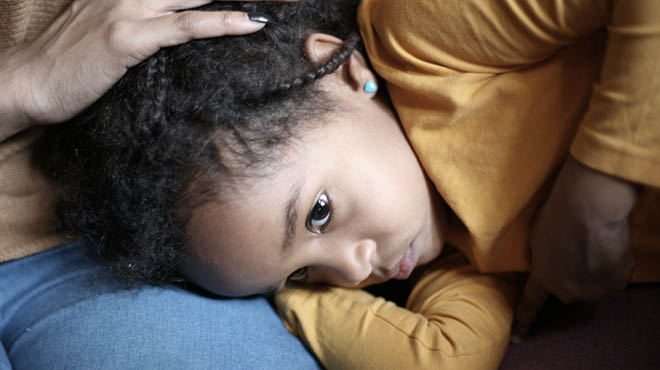Recent Posts
Do ear infections always need to be treated with antibiotics?

Many parents bring their children to a health care professional with ear infections and request antibiotics, but antibiotics sometimes aren't the right choice. Most ear infections cure themselves without the help of antibiotics.
What is an ear infection?
Let's first discuss what an ear infection is and alternative treatments to antibiotics. An ear infection is a bacterial or viral infection that affects the ear. It becomes painful when buildups of fluid and inflammation occur in the air-filled space behind the eardrum. Signs and symptoms of infection will quickly show. Children are more likely than adults to get ear infections.
Ear infection symptoms
You can tell if children have an ear infection if they start showing any of these symptoms:
- Pain in the ear, especially while lying down
- Pulling or tugging the ear
- Difficulty sleeping
- Difficulty hearing or responding to sounds
- Fever or headache
Home remedies for ear infections
Home remedies can help manage children's pain. Try placing a warm, damp washcloth over the affected ear.
Most health care professionals recommend over-the-counter medication to relieve pain, such as ibuprofen or acetaminophen. Use these medications as directed on the label.
How to treat ear infections
Generally, an ear infection will improve within the first couple days and clear up within one to two weeks without any treatment.
It's recommended to use the wait-and-see approach for:
- Children age 6 to 23 months with mild inner ear pain in one ear for less than 48 hours and a temperature less than 102.2 F
- Children age 2 and older with mild inner ear pain in one or both ears for less than 48 hours and a temperature less than 102.2 F
Your health care professional can suggest the best treatment for your children. Antibiotics may be beneficial for certain children with ear infections. A health care professional can explain the potential side effects and concerns about antibiotics creating strains of resistant disease.
If antibiotics are prescribed, be sure to use the entire antibiotic as directed. Failing to do so can result in recurring infection and resistance of bacteria to antibiotic medication.
Reduce ear infection risk
Before an ear infection occurs, you can reduce the risk of ear infection with these tips:
- Teach children to wash their hands properly and frequently. Encourage children to cough or sneeze into their elbow.
- Avoid secondhand smoke by staying in smoke-free environments.
- Consider breastfeeding your baby for a minimum of 6 months. Breast milk contains antibodies that may protect from ear infections.
- When bottle-feeding, hold your baby upright and avoid propping the bottle while your baby is lying down.
- Talk to your children's primary care provider about vaccines, including the seasonal flu shot for children 6 months and older.
Timothy Slama, D.O., is a Family Medicine physician in Fairmont, Minnesota.






